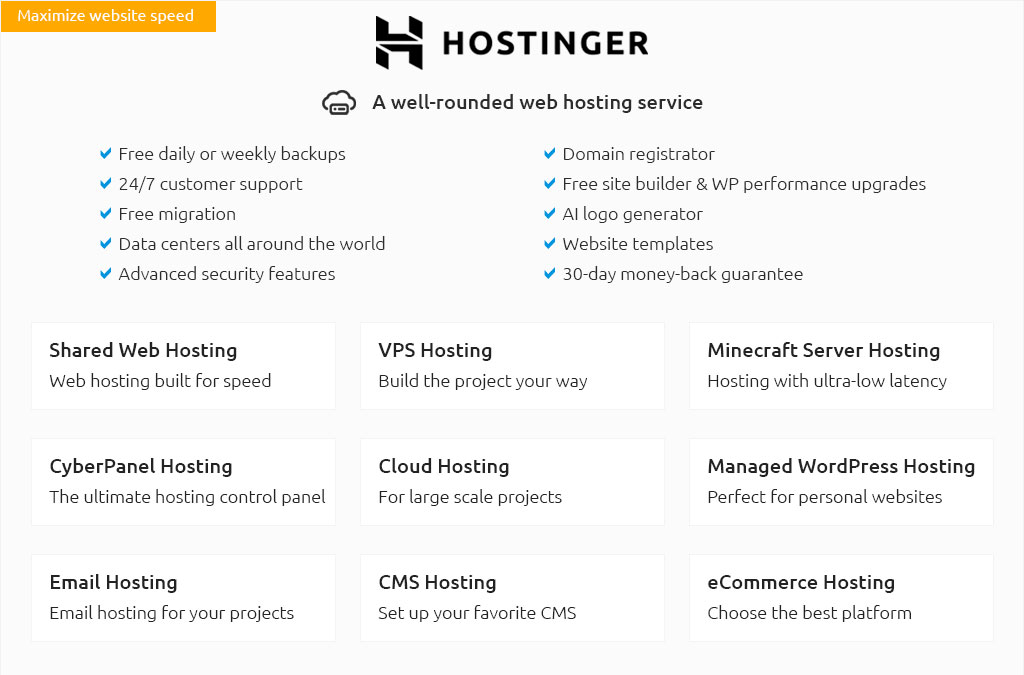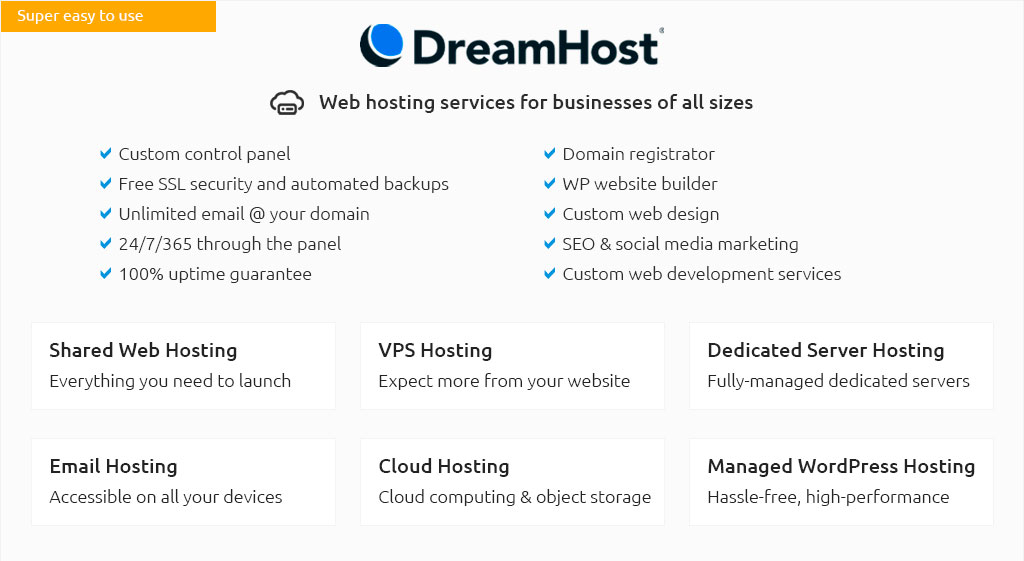 |
|||
 |
 |
 |
|
 |
|
 |
 |
 |
|||
 |
|||
 |
|||
 |
|||
 |
 |
Exploring the World of Windows Dedicated Servers: Navigating Your OptionsIn the ever-evolving realm of technology, choosing the right server is crucial for businesses and developers who seek both performance and reliability. Among the myriad of options available, Windows dedicated servers stand out as a formidable choice, offering a blend of robust capabilities and a user-friendly interface that caters to both novices and seasoned IT professionals. When considering a Windows dedicated server, it is essential to weigh various factors that can significantly impact your experience and outcomes. Firstly, let's delve into the advantages of opting for a Windows dedicated server. One of the most compelling benefits is the seamless integration with other Microsoft products. Organizations that already utilize Microsoft software such as Office 365, SharePoint, or Microsoft SQL Server will find a Windows environment particularly advantageous due to its compatibility and ease of integration. This cohesiveness can lead to increased productivity and reduced technical hiccups. Additionally, Windows servers are renowned for their comprehensive support system. Microsoft offers extensive documentation and a plethora of resources, making troubleshooting and server management a more straightforward process. For businesses that lack a dedicated IT department, this level of support can be a significant lifeline. However, choosing a Windows dedicated server is not without its considerations. One of the primary concerns often cited is cost. Windows licenses can be expensive, and when coupled with the cost of a dedicated server, the financial commitment can be substantial. It's important to assess whether the features and support offered justify the investment, especially for startups and small businesses operating on tighter budgets. Another aspect to consider is the level of control and customization required. While Windows servers offer a high degree of customization, they may not match the flexibility provided by Linux servers, particularly for those with specific or niche requirements. It’s crucial to evaluate the technical needs of your applications and whether a Windows environment is the best fit. Furthermore, security is an ever-present concern in today’s digital landscape. Windows servers come equipped with a robust security framework, but they also present a more attractive target for cyberattacks due to their widespread use. Maintaining up-to-date security patches and utilizing additional security measures is imperative to protect your data and operations.
In conclusion, selecting a Windows dedicated server involves a careful balance of performance, cost, and compatibility. It is an ideal solution for businesses heavily integrated with Microsoft products, providing robust support and a familiar environment. However, weighing the initial investment and considering your organization's specific requirements will guide you in making an informed decision. As the landscape of dedicated servers continues to evolve, staying informed and adaptable is key to leveraging the full potential of your server environment. https://www.reddit.com/r/CoreKeeperGame/comments/1f13zeb/anyone_have_success_setting_up_a_dedicated_server/
... dedicated server on Windows : Download the dedicated server from Steam. It's not in the game section but the tool section of your steam ... https://www.hostnoc.com/windows-dedicated-servers/
Our Windows dedicated servers deliver insane value to small and mid-size businesses as they can experience great performance at a budget price. https://www.jaguarpc.com/services-included-in-a-managed-windows-dedicated-hosting-solution/
Leading Windows dedicated managed server hosting services, managed Windows dedicated server hosting services, and Windows dedicated managed servers provider ...
|